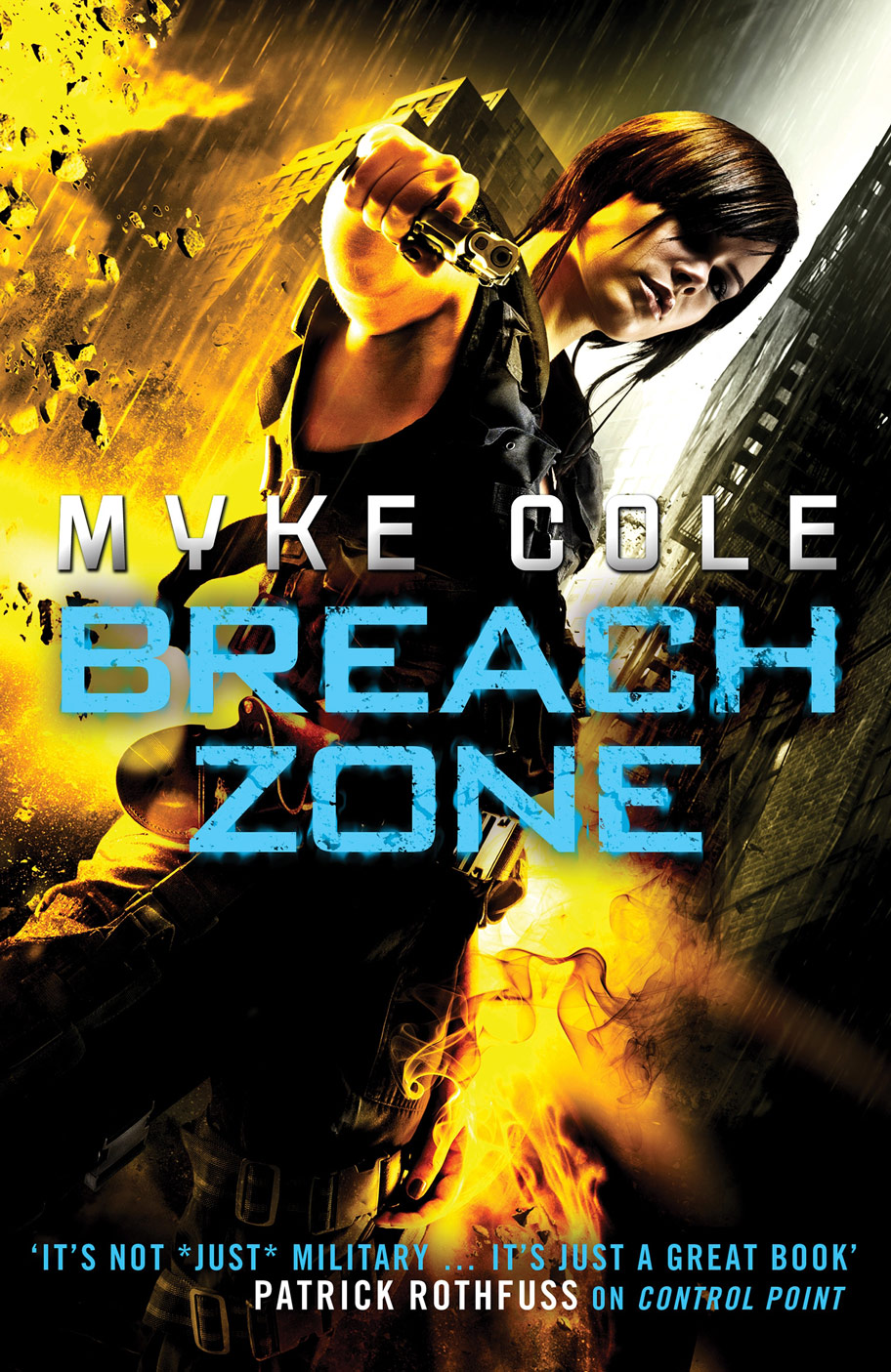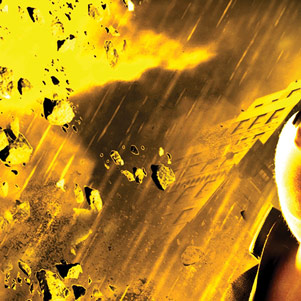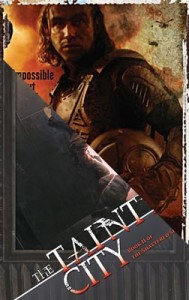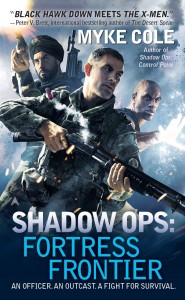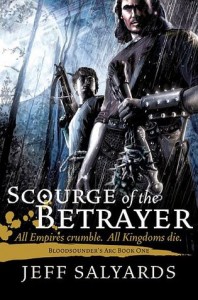 This isn’t a eulogy for my father. The guy’s still around. In fact, every once in a while, he calls me and while I’m happy to hear from him, it takes me 3 hours to get him off the phone. But that’s not the point. The point is, that when my dad finally shuffles off this mortal coil (heaven forestall the day), there is one thing I will always remember about him.
This isn’t a eulogy for my father. The guy’s still around. In fact, every once in a while, he calls me and while I’m happy to hear from him, it takes me 3 hours to get him off the phone. But that’s not the point. The point is, that when my dad finally shuffles off this mortal coil (heaven forestall the day), there is one thing I will always remember about him.
When I was a young boy, dad would sit in the living room or in his study (he smoked a pipe back then, and the smell of pipe smoke still makes me comfortable) and read the New York Times Review of Books. He would disappear behind those venerable pages and emerge with a pronouncement, some minutes or hours later, that such-and-such a book sounded good.
What can I say? Kids are impressionable. Between my father (who, at the time, was the clear earthly authority on absolutely EVERYTHING) and that lauded institution known as the New York Times, if dad read the NYTROB and declared a book good, then it was GOOD, as objectively as anything can ever be considered in a matter of taste.
But, time has rolled on. Dad’s blind in one eye. I don’t trust his driving and he talks too much on the phone. I love him to death, but what is up with those pastel yellow pants? Just as I don’t want to be in a car with him behind the wheel, I don’t necessarily want him recommending me SF/F out of the NYTROB (not that they ever review the stuff anyway). I’m not a big Glenn Reynolds fan, but he was largely right in his Army of Davids. The Internet has diversified and broadened the arena of tastemakers, and I have long since turned to a bevy of blogs (the smaller and more independent, the better) to get advice on what to read next.
Read More »
